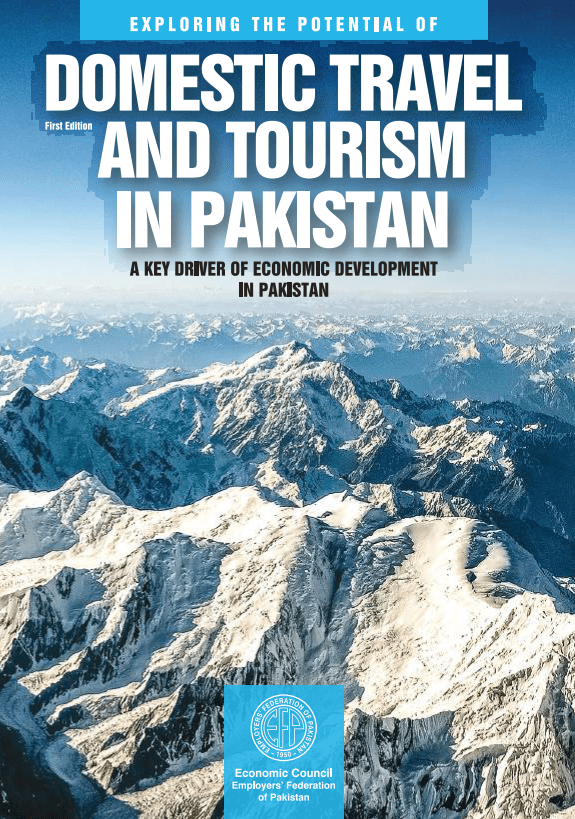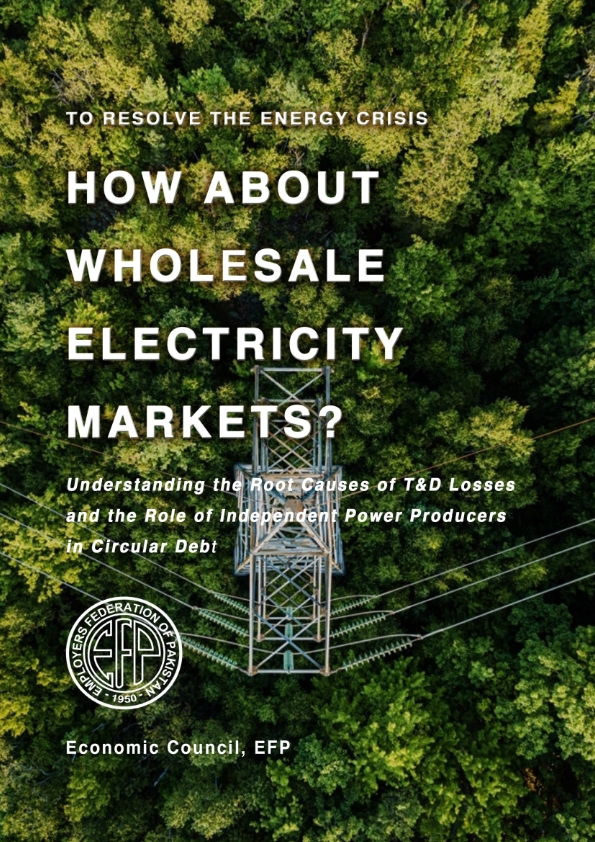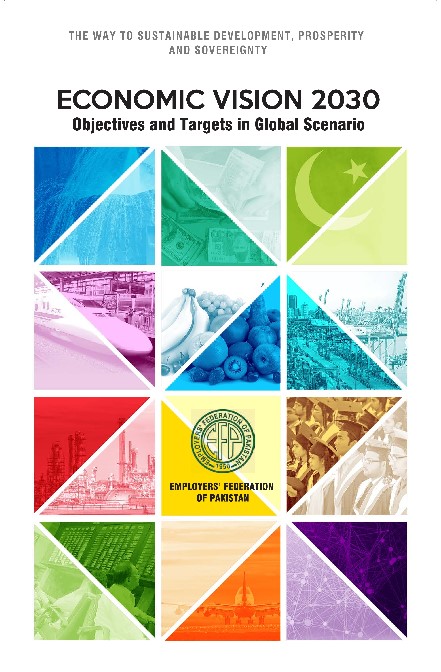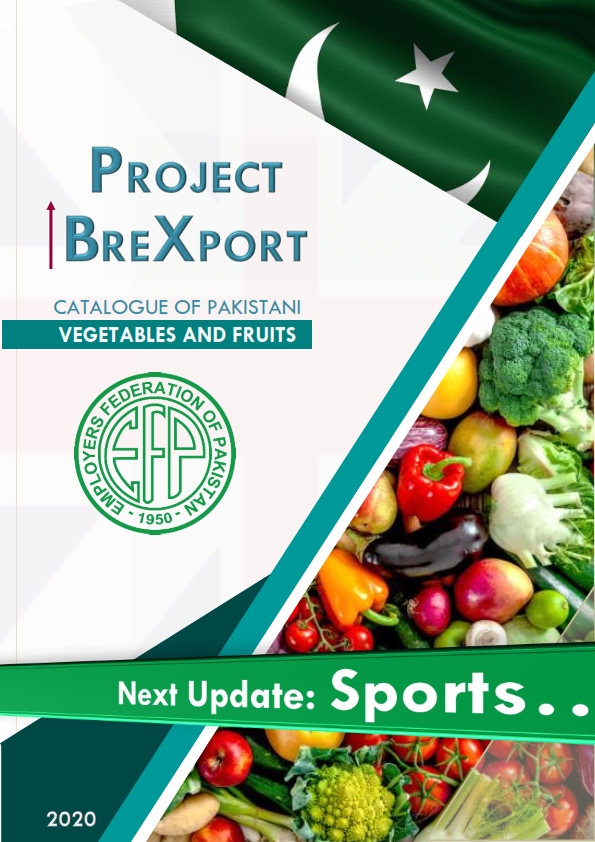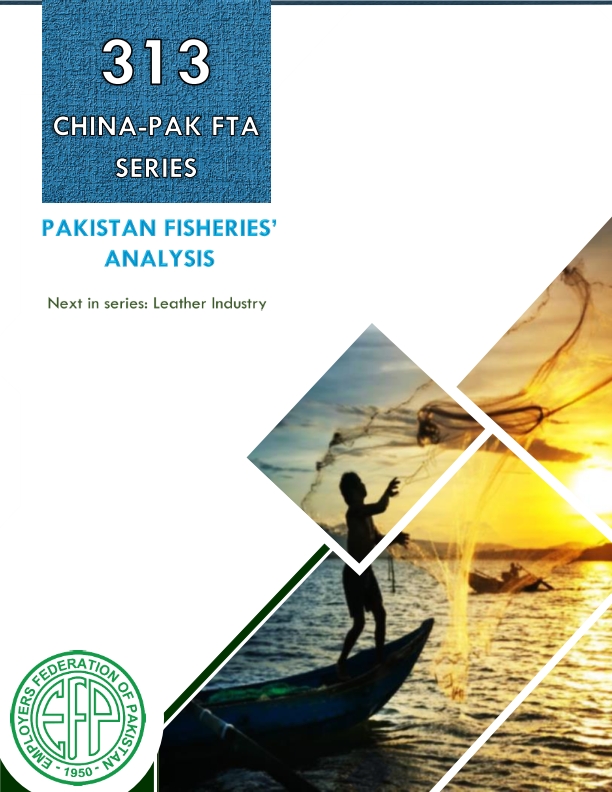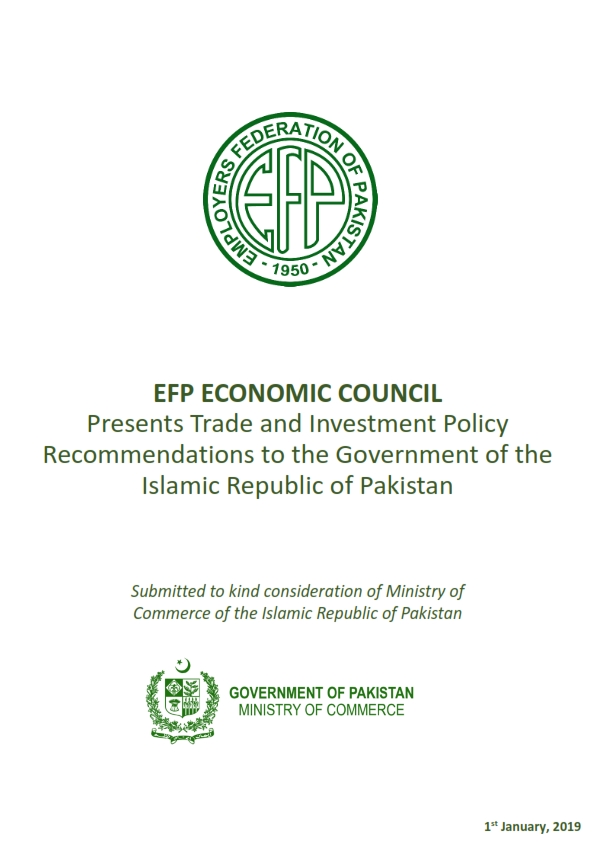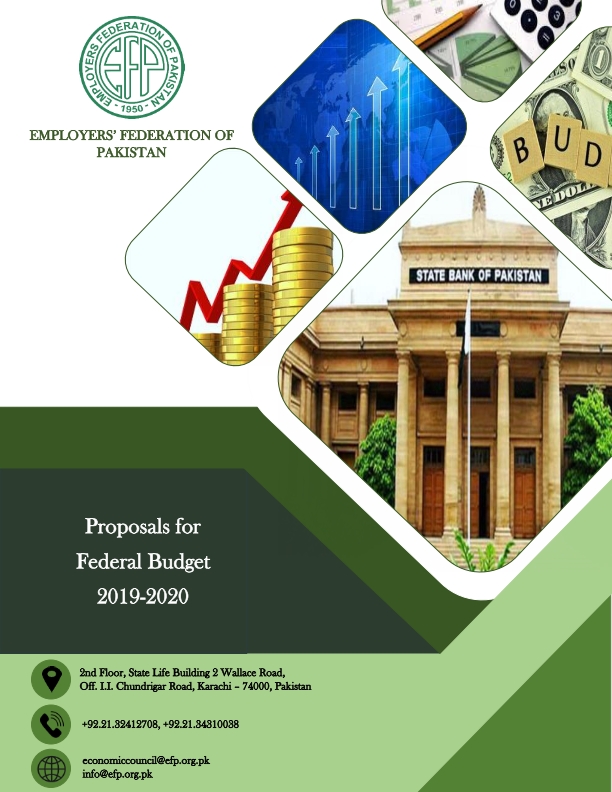Domestic travel and tourism in pakistan
This benchmark document provides a strategic overview of the current tourism landscape of Pakistan. It shall serve the purpose of a grander effort of enhancing the industry’s global competitiveness by identifying, scrutinizing, and accelerating efforts toward the resolution of key issues. The findings will support and validate many aspects of Pakistan’s tourism environment, as well as its investment potential and growth challenges.
The average per annum GDP contribution of tourism in Pakistan still hovers around less than 3 percent-far below its truth potential despite nature’s finest gifts and an excellent geographical location of Pakistan in South Asia.
How About Wholesale Electricity Markets?
Resolving the Energy Crisis: How About Wholesale Electricity Markets? Understanding the Root Causes of T&D Losses and the Role of Independent Power Producers
EFP Economic Vision 2030
As the first published manuscript of EFP Economic Council, the Economic Vision 2030, attempts to vividly paint the dream of an industrialized Pakistan that thrives on the backbone of technological advancement, rapid development of M/SMEs and a competitive and fully-capable business climate accommodable for Greenfield ventures.
The vision document takes the reader back during the golden era of Mughal Dynasty, when Hindustan was a pristine location for trade and investment.
The Board of the EFP Economic Council is fully prepared to face the warring economic challenges and to support the government and its diplomatic missions and statesmen by lobbying at both national and international fronts to further the cause of a prosperous, transparent, and industrialized Pakistan.
Project BreXport: A Research Catalogue on Fruits and Vegetables
The UK is a heavy importer of fresh and organic produce of the primary sector, such as fruits and vegetables. Many of the freshly produced items that comprise of imports are sourced from countries outside of the EU region. Most of these imports are tariff-free under existing EU trade agreements but after the Brexit, this scenario might change.
The factors identified greatly limit the optimum trade potential between Pakistan and Britain and were put up before the Pakistan’s High Commissioner to UK by the EFP Economic Council (EFP-EC) on 15th October 2019. In this regard, the EFP-EC has initiated a research project by the name of BreXport. The core intention behind this project is to present a catalogue of exportable Pakistani commodities that have supply readily available for shipment to the UK.
Fisheries Industry and Trade with China CPFTA Phase 2
Fishing in Pakistan accounts for less than one percent of the GDP, but it still plays a crucial role in developing the economy of Pakistan by providing employment to a significant number of people residing in impoverished societies and backward regions of Balochistan and Sindh. In the year of 2019, China bagged the top spot as Pakistan’s largest fish market, stocking up 22 percent of its total fish export. It has therefore become absolutely crucial that phase II of the China-Pak Free Trade Agreement (CPFTA) be executed well.
The purpose of this project by the Economic Council – Employers Federation of Pakistan, is to ascertain how the CPFTA will impact the various industries. The EFP has compiled a comprehensive report to be presented to the highest authorities in Pakistan. EFP believes that two-way communication between employers and the government that is mediated by researched findings and well-documented opinions is critical in shaping the correct policies needed to build a thriving economy.
Trade and Investment Policy Recommendations to the Government of Pakistan
With one third of the population of Pakistan living in multi-dimensional poverty, acute shortage of water and gas supplies, and a dwindling female worker participation level coupled with alarmingly low expenditure on human capital development, as well as frequent power outages, it is no surprise that competitiveness of Pakistani exports have eroded. The administration is faced with tough macroeconomic challenges, such as a bloated balance of trade deficit, declining foreign reserves and rising unemployment rate.
To prove its unwavering commitment to uplifting the economy, as well as to strengthening her bilateral ties with foreign countries, the EFP Economic Council has proposed a set of policy recommendations to favor a progressive trade and investment climate in Pakistan.
Proposals for Federal Budget 2019-2020
Keeping in view the importance of the private sector, the EFP has decided to present budget proposals to policy makers as input in the Federal Budget 2019-20. These incorporate some valuable recommendations for bringing policy changes in taxation laws and proposing required amendments and steps to help augment the revenue base and bring down cost of doing business. This will provide an enabling environment for the private sector and businesses to flourish and to promote industrial productivity. The document also presents industry-specific tax issues and proposals prepared in consultation with industry experts and representative bodies, intended to assist the government in developing industrial policy.

